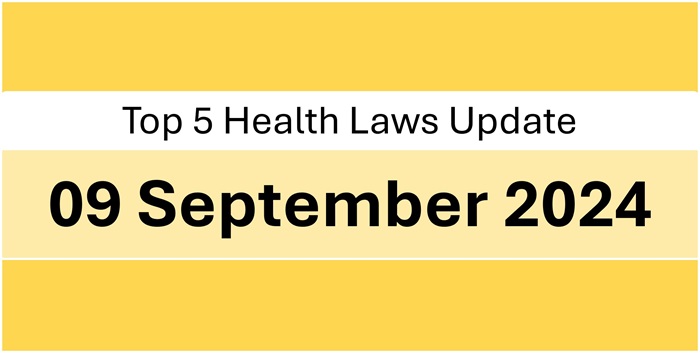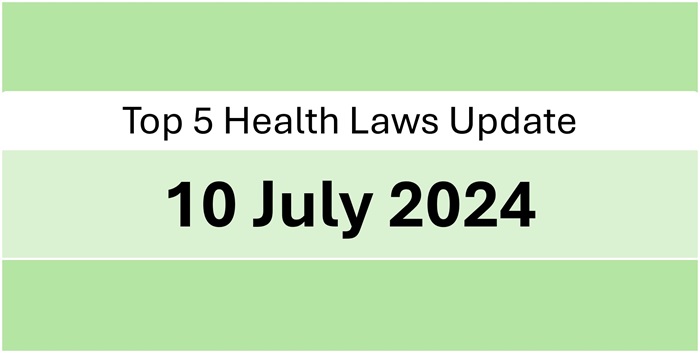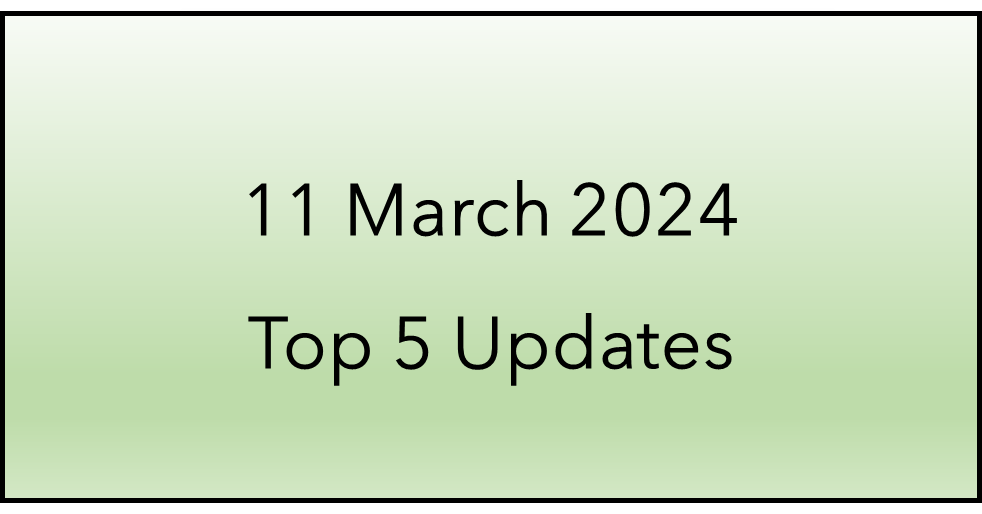1. The Department of Pharmaceuticals (DoP) released the Uniform Code for Marketing Practices in Medical Devices (UCMPMD) providing guidelines to medical device companies for regulating monetary and non-monetary incentives given to Healthcare Professional (HCPs) for eliminating unethical conduct while organising promotional and training programs for such HCPs. The UCMPMD also sets guidelines for establishment of an ethics committee and entering of complaints on the UCMPMD portal set by the DoP.
Source: bit.ly/3AWUnOm
2. The pharmaceutical company that launched eye drops claiming that they can eliminate near-sightedness in 15 minutes has clarified that its claims were based on approved indications for treatment and Phase 3 clinical trial data and are not unethical or false.
Source: bit.ly/3z0wSn3
3. The Bombay High Court has granted an interim injunction to a Fast-Moving Consumer Goods (FMCG) company manufacturing health drinks against another FMCG company manufacturing fibre-nutritional drinks for circulating advertisements on WhatsApp groups that allegedly denigrated and disparaged the latter’s products.
Source: bit.ly/3APlUkz
4. The National Medical Commission (NMC) has withdrawn its previously issued public notice for the discontinuation of all courses offered by the College of Physicians & Surgeons (CPS), Mumbai as it was earlier regarded as being beyond the powers of the college to provide conduct examinations and award degrees. However, the earlier notification now stands withdrawn.
Source: bit.ly/3Zisquh
5. The US Court has held that expert testimony is a requirement in all medical negligence cases, and it is not enough for the claimant to establish that the doctor had not communicated the box-label warning to the patient or patient’s family, especially in cases where the patient’s claim was based on the absence of informed consent.
Source: bit.ly/3Zo6HkC



